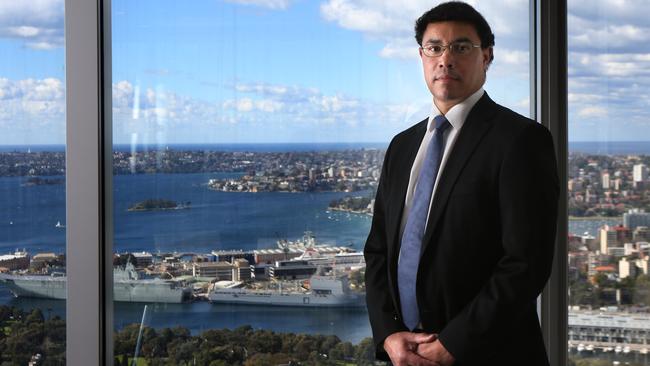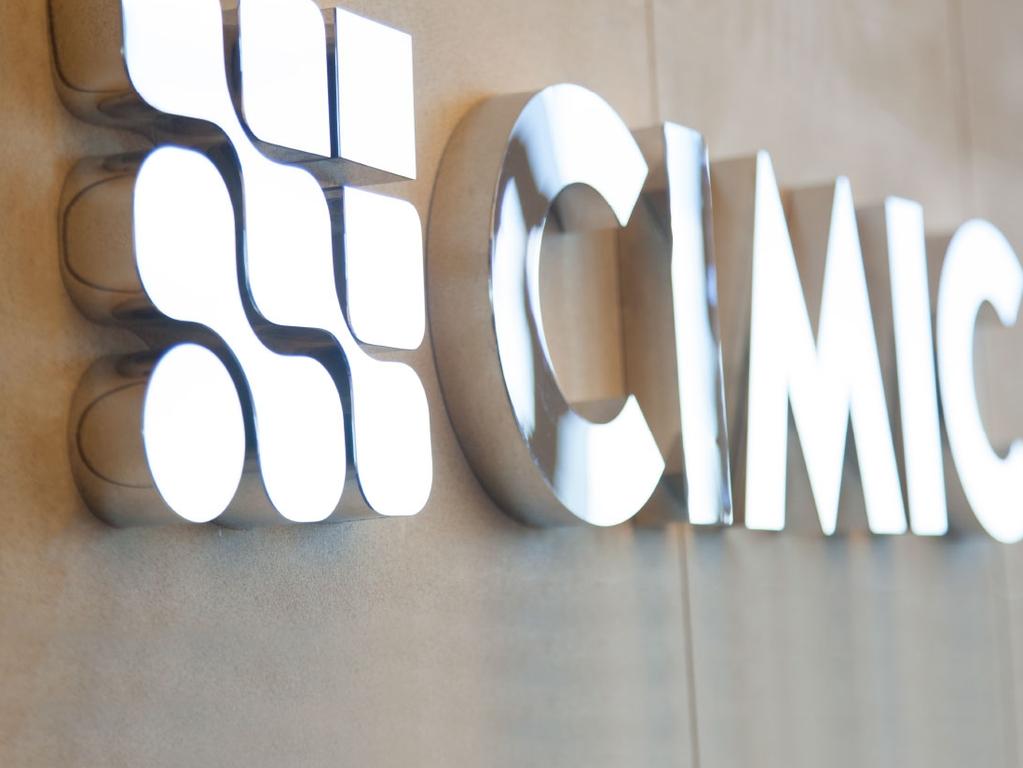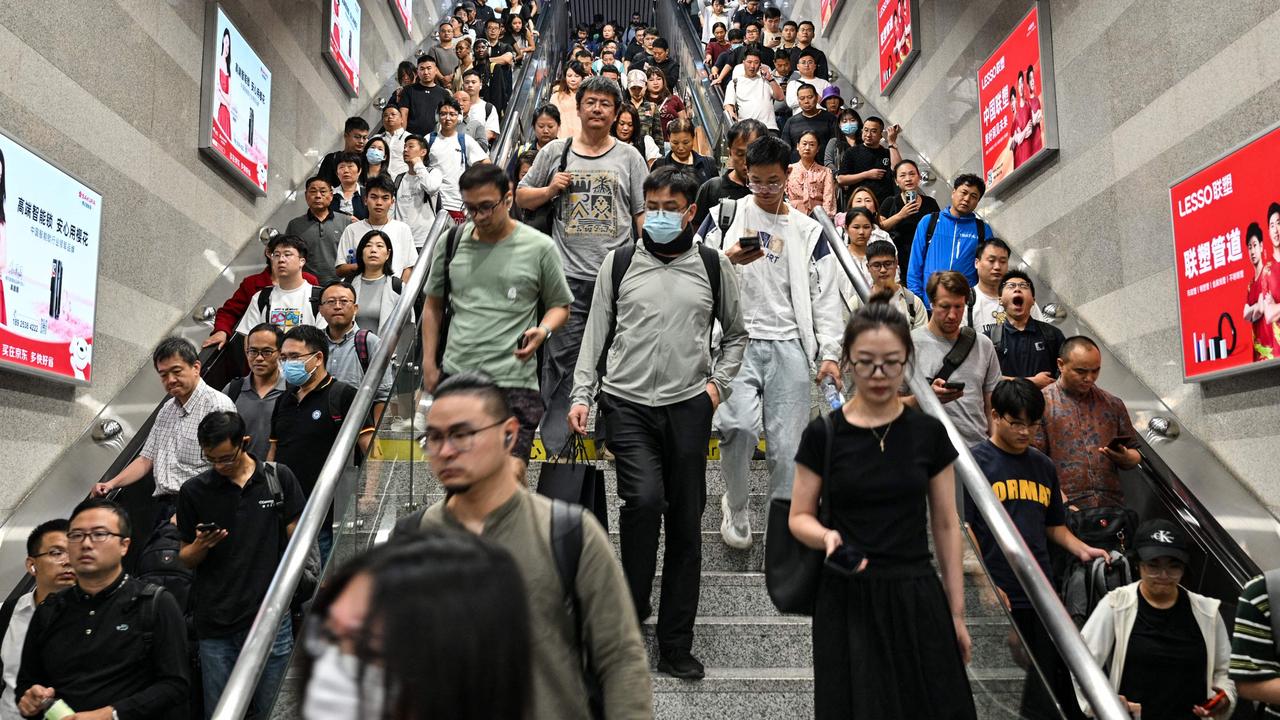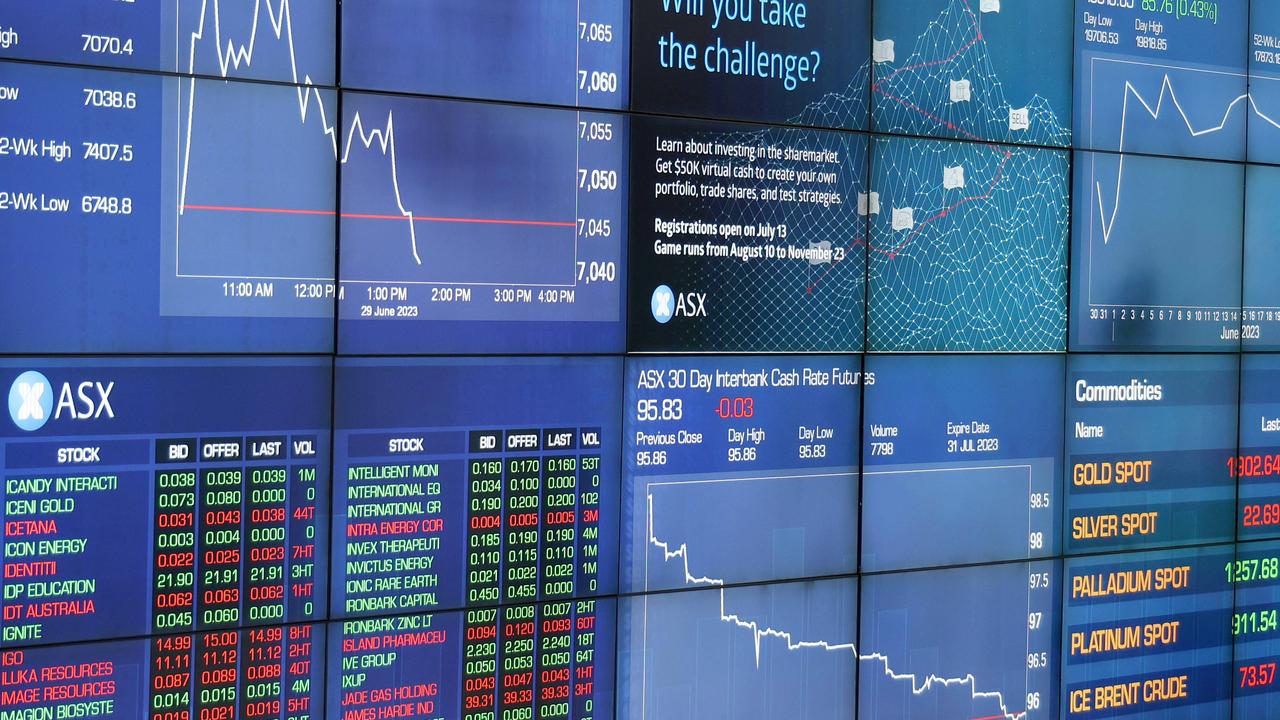T. Rowe Price optimistic for Australian share market in 2021
US fund management firm T. Rowe Price is cautiously optimistic on the Australian sharemarket for next year.

T. Rowe Price is cautiously optimistic on the Australian sharemarket for next year.
It’s the only developed world equity market that the fund manager rates as “overweight”.
While economic growth and corporate earnings were depressed by the coronavirus pandemic and related shutdowns this year, the US-listed fund manager’s head of Australian equities, Randal Jenneke, sees reasons for longer-term optimism.
Notwithstanding recent delays to much-needed US fiscal stimulus and the worsening of the pandemic in Europe and the US, Joe Biden’s election win and the early success of vaccines have greatly reduced uncertainty over the global outlook. And China’s economy has also largely returned to normal, which is overall good news for Australia, despite increased trade tensions.
While international border closures will be a drag for some time yet, the domestic economy is poised to recover as strict lockdowns in Victoria have been lifted and other states have avoided a resurgence in COVID-19. Australia’s extensive monetary and fiscal stimulus has also put the nation in a favourable position relative to many other countries.
“We are cautiously optimistic toward Australian equities in 2021, the only developed equity market that is favoured as an overweight by our global multi asset colleagues,” Jenneke says.
T. Rowe Price is one of the world’s biggest managers of actively managed assets. It has $US1.42 trillion ($1.9 trillion) of assets under management.
After diving almost 40 per cent from a record high of 7197.2 points to a 7½-year low of 4402.5 as the pandemic hit, Australia’s S&P/ASX 200 index bounced more than 50 per cent as unprecedented fiscal and monetary policy stimulus improved the earnings outlook and the relative appeal of shares.
With share prices rebounding well ahead of an expected earnings recovery for the broader market, the price-to-earnings valuation ratio of the index hit multi-decade highs near 20 times on a 12-month forward basis and the industrials ex-financials PE ratio hit record highs near 30 times.
But Jenneke still feels the local bourse looks relatively “attractive” in a low interest rate world. He notes that the price-to-book value ratio of the sharemarket is trading near its five-year average around two times and it still has a relatively “decent” dividend yield of 3.2 per cent on a 12-month trailing basis, as well as some emerging upward momentum in corporate earnings.
In his view, domestic corporate earnings have “bottomed” after rising 2.7 per cent in the past three months, notwithstanding a sharp rise in the dollar, which will crimp offshore earnings for many companies in the February reporting period — particularly those outside the resources sector that won’t benefit from the significant uplift for prices of industrial commodities.
And while still dominated by banks and resources, the Australian market has less concentration risk, with returns this year that have been more evenly distributed than the US market, which has been more than ever dominated by the performance of highly valued mega-cap growth stocks such as Tesla.
But in terms of investment opportunities, Jenneke favours some of the high-quality growth stocks that can benefit from a low-growth, low-inflation and low-interest-rate world.
He likes medical device manufacturer ResMed (for which business conditions are starting to improve and normalise), believing it is well placed to return to strong growth in its sleep apnoea business over the next six to 12 months, as well as James Hardie, Seek and Aristocrat.
But the T. Rowe Price Australian Equity Fund recently booked profits in iron ore producers and some others in the materials sector after their exceptionally strong share price gains this year.
“We think the best news on China’s economic recovery in momentum terms is behind us,” Jenneke says.
This week China formally banned Australian coal imports after holding up shipments for months. And after a doubling of the spot iron ore price to a 9½-year high of $US160 a tonne since March, the China Iron & Steel Association called on China’s regulators to investigate “failed” iron ore pricing.
The spot iron ore price fell 3.9 per cent to $US154.50 a tonne on Tuesday.
China’s economy may have returned to normal (the only major economy to do so), but Australia needs to somehow defuse the current trade tensions with China or find new markets.
In the longer term, Australian shares should still benefit from a shift in the global centre of economic activity from the US and Europe towards the Asia-Pacific amid rising regional economic liberalisation and integration under the Regional Comprehensive Economic Partnership.
But the logistical challenges of rolling out COVID-19 vaccines globally is making Jenneke cautious about the longevity of the recent exceptionally strong rotation into lower-quality cyclicals or heavily affected sectors such as travel. He questions the sustainability of the recent move.
Indeed, he still sees risks to the earnings outlook for next year.
The housing market has been shored up by record-low mortgage rates, loan deferrals, JobKeeper income support and stamp duty reform in NSW that is luring more first-time buyers into the market.
But while support programs like JobKeeper could be extended if need be, banks face higher non-performing loans, commodity prices could dip at some point, fresh outbreaks and lockdowns can’t be ruled out, and Australia’s relationship with China is shaky.
“In view of these risks, we have continued to maintain exposure to some defensive growth and quality cyclical growth companies,” Jenneke says.
On the positive side, he feels that consensus expectations for earnings growth aren’t too demanding. The consensus estimate for earnings per share in 2021 is just 6 per cent.
On Tuesday, the Australian Prudential Regulation Authority paved the way for increased capital returns by the banks after saying they would no longer need to retain at least half their earnings.
But while Macquarie Equities has forecast a total shareholder return for the S&P/ASX 200 of 10-20 per cent next year, Jenneke says the upper end of that range is likely to be out of reach.






